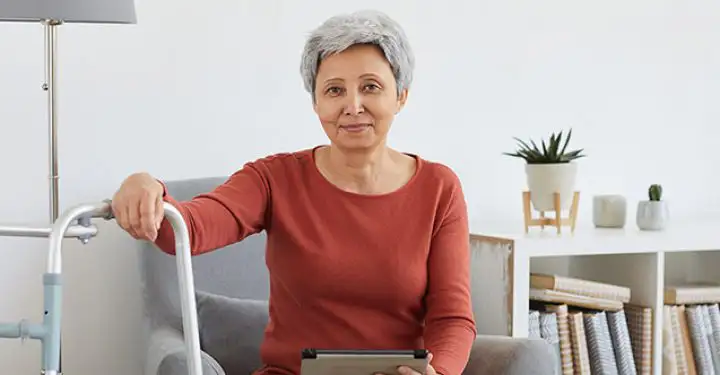‘I’ve heard Lucy Bloom refer to it as the single tax. So, when you are a single income, you have to pay the entire power bill, the entire rates bill, the entire strata bill, for example. Your income doesn’t quite go as far, whether you’re male or female – that’s not gender biased. So, being a single person, you absorb a lot more.’ – Study participant
COTA NSW Board member Associate Professor Myra Hamilton and her colleagues have just released new research about older single women without children. Myra is Principal Research Fellow at the Centre of Excellence in Population Ageing Research at the University of Sydney.
Older single women without children (or SWWC) are often ignored in terms of policy discussions, and if they are considered, can be subject to stereotyped views about their experience and needs. Yet this group makes up around 9% of the surveyed population aged 45 and older in the HILDA (Household, Income and Labour Dynamics in Australia) study.
Most research has focused on the ‘motherhood penalty’, that women who take time out for child-rearing have interrupted career paths and lower superannuation. However, Myra says that one of the most important findings of her research is a ‘challenge to the common misconception that single women without children generally have uninterrupted careers and a healthy superannuation balance’.
Myra and her colleagues found that single women often did have interrupted career paths. The causes were various – redundancy, ill heath, and most significantly, the expectation that they would care for elderly or disabled family members because they didn’t have any other responsibilities.
Compounding this is the fact that single women don’t have the ‘cushion’ that a partnered person has which enables them to absorb temporary financial shocks. So a redundancy, illness or brief caring responsibility can have a far greater impact than it might otherwise. It may even result in them losing a home they are purchasing and push them into rented accommodation.
In fact, housing is one of the main issues that emerged for older SWWC. Without the boost of a partner to get a mortgage and help pay it off, it is more of a struggle for them to enter and stay in the housing market. If they don’t manage it, they become part of one of the most financially stretched groups in our society – older single women who are renting.
The issue of care is also cogent for older SWWC. Ironically, while single women are more likely to the lion’s share of caring for ageing parents, they are also the least likely to have someone to provide informal care and support for them in later life. Many of the women interviewed expressed concern and anxiety about this, fearing that it would force them into residential aged care earlier than would otherwise be necessary.
‘Being single and ageing is scary. I look around me and my siblings and friends who have children have a network around them as they get older. Who will be the young people in my life to lift me up and support me? Sure I’ll have friends, but they’ll all be old like me!’ – Study participant
The research report makes a number of recommendations to government to address these issues. These include:
- Address the effect of family care on employment and income.
- Amend anti-discrimination legislation to clarify that discrimination against people without family responsibilities is also unlawful.
- Develop more affordable housing options for older women.
- Provide advocates in the aged care system to help older people without informal support.
- Make financial advice more accessible, affordable and catering to women’s needs and communication styles.
The report, Security in old age for older single women without children, presents findings from a collaborative project between the University of Sydney, the University of New South Wales and Curtin University, and was funded by CPA Australia.
Watch the webinar discussing the report
Read the full report
